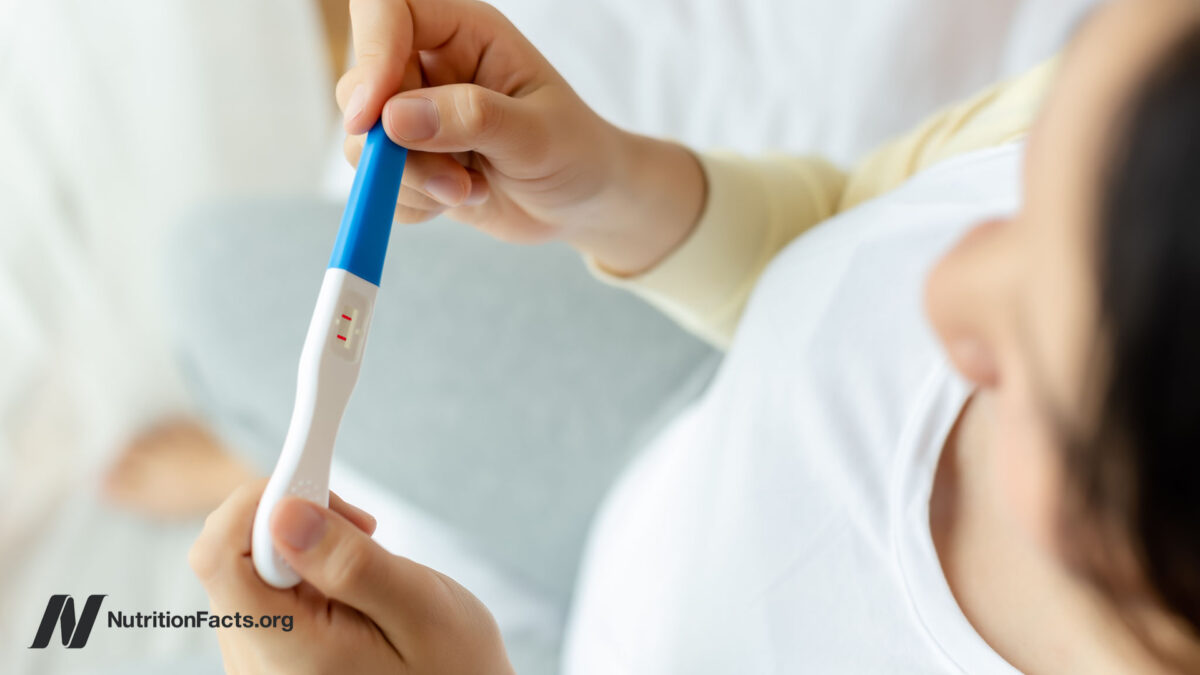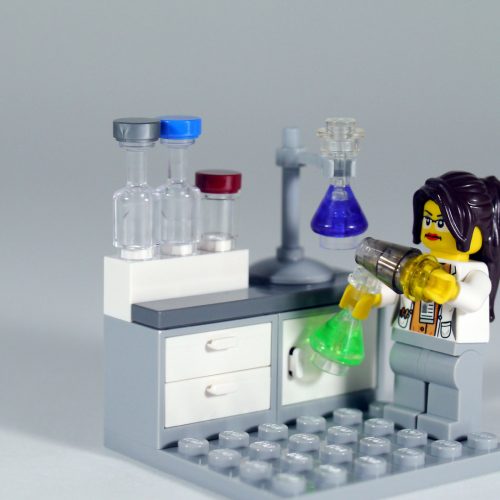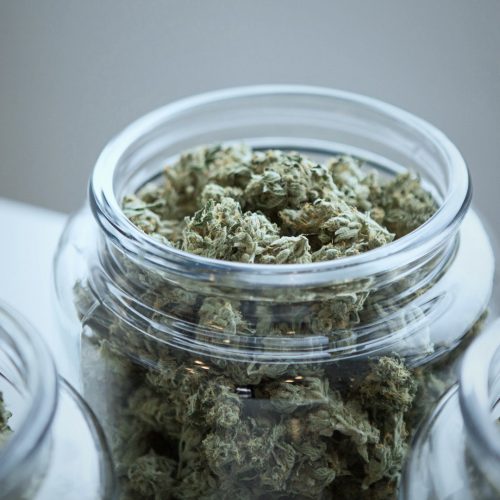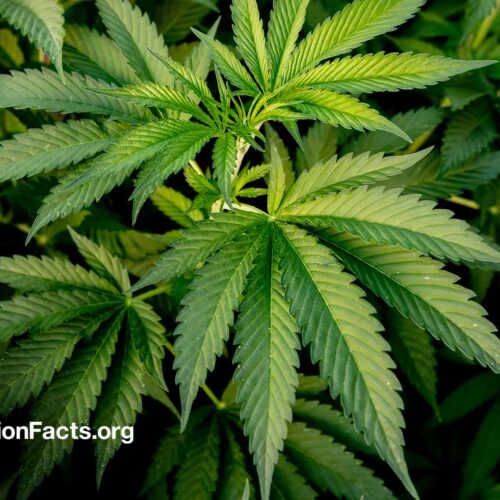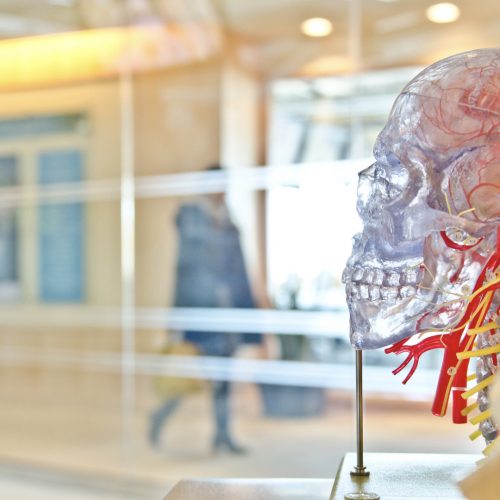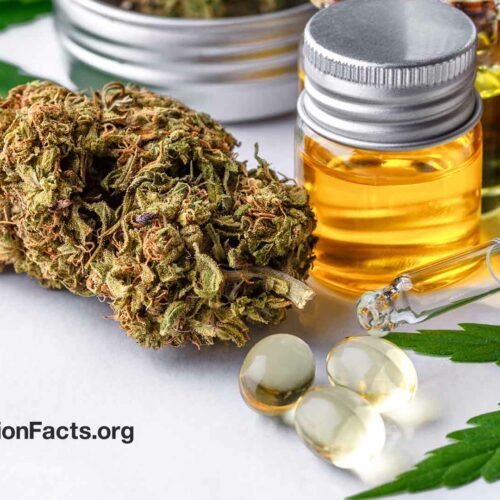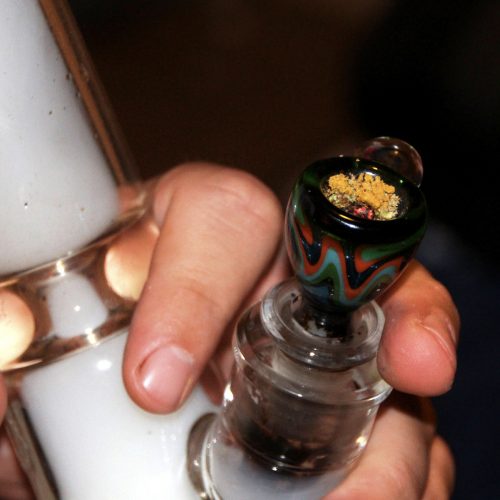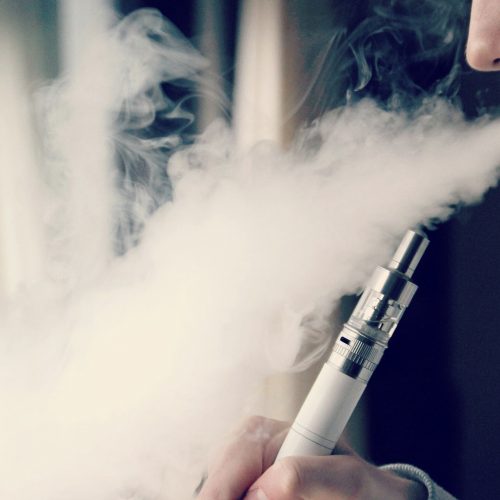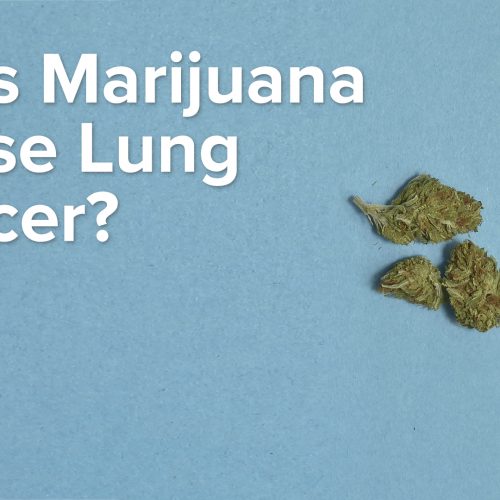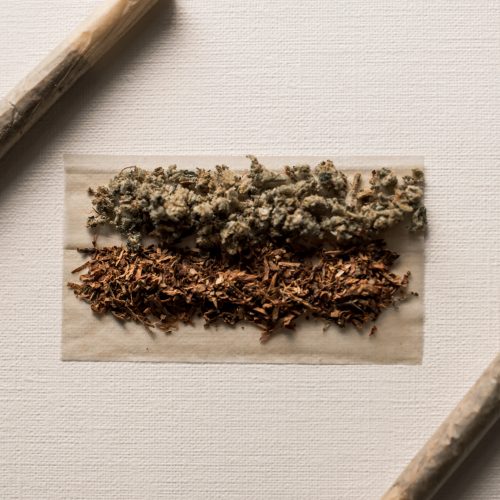Pregnant and breastfeeding women should probably be advised to either decrease or, when possible, cease cannabis use entirely, and couples trying to conceive may also want to consider cutting down.
Approximately one in six couples “are unable to conceive after a year and are labeled infertile, with a male factor identified in up to half of all cases.” Several lifestyle factors have been associated with diminished sperm production, such as smoking cigarettes, but what about smoking cannabis?
“Regular marijuana smoking more than once per week was associated with a 28%…lower sperm concentration,” as well as a lower total sperm count based on a study of more than a thousand men, but “no adverse association was found for irregular use” of less than once a week.
As I discuss in my video The Effects of Marijuana on Fertility and Pregnancy, this wasn’t a randomized study, so other factors that go along with regular marijuana use may have been to blame. Researchers did take into account cigarettes, alcohol, other drugs, STDs, and things like that, but there’s always a possibility there was something else for which they didn’t control.
Findings were similar for women. Hundreds of infertile couples were studied in California, and, just as men had about a quarter fewer sperm, a quarter fewer eggs were retrieved from women who used cannabis more than 90 times in their lifetime or had been using the year before. Again, there could have been confounding factors, but until we know more, couples who are trying to conceive may want to make the joint decision to turn over a new leaf.
What about during pregnancy? As you can see below and at 1:39 in my video, medical authorities recommend that “women who are pregnant or contemplating pregnancy should be encouraged to discontinue marijuana use” and not use it during pregnancy or lactation, though the Academy of Breastfeeding Medicine suggests the known benefits of breastmilk currently outweigh any potential harms for women who continue to smoke it. Despite these warnings from authorities, marijuana use has increased among pregnant women in recent years, going up by more than 60 percent, but that’s only from about 2.5 percent up to less than 4 percent, which is less than half the frequency of nonpregnant women.

Why are OB/GYNs so down on getting high? Scary articles appear in the American Journal of Obstetrics and Gynecology, like one making claims that a “large study conducted by the US National Birth Defects Prevention Center documented a significantly increased risk for anencephaly [a serious birth defect] when the fetus is exposed to marijuana during the first month of gestation.” But, if you don’t just take their word for it and pull up the actual study, you’ll see that the association wasn’t statistically significant after all. As one letter to the editor was titled, “Marijuana and Pregnancy: Objective Education Is Good, but Biased Education Is Not.”
Some risks have been identified: Infants “were more likely to be anemic, and…have lower birth weight and to require placement in neonatal intensive care than infants of mothers who did not use marijuana.” However, it’s “difficult to determine the direct effects of maternal cannabis use on the developing fetus” because of a variety of confounding factors for which studies may not be able to completely control.
Studies also show links between prenatal marijuana exposure and learning problems later in life—manifesting years later in school—and that’s where the greater concern lies, on the potential long-term effects on brain development. So, even after “weeding out the myths,” there is enough concern that “pregnant and breastfeeding cannabis users should be identified early and advised to either decrease or where possible cease cannabis use entirely.”
When do I mean by cut down “when possible?” Check out my video Natural Treatments for Morning Sickness to see how marijuana use during pregnancy can sometimes be a lifesaver.
I originally released several videos on cannabis in a webinar and downloadable digital DVD. If you missed any of them, they are listed in the related videos below.
For more on fertility, check out Male Fertility and Diet and Dairy Estrogen and Male Fertility.
